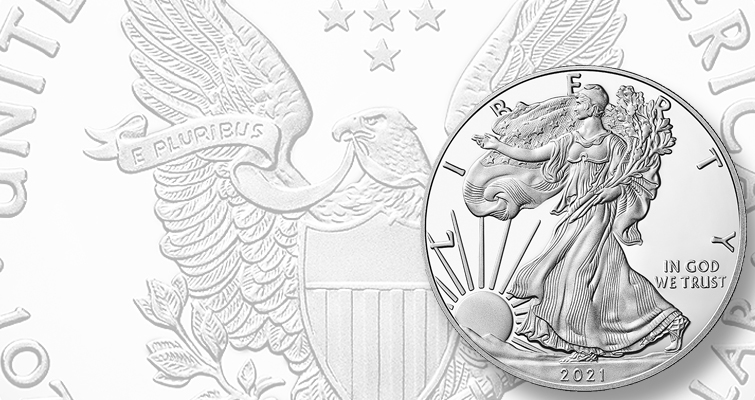Brazil is considering a ban on stablecoin withdrawals to self-custody wallets, according to a recent public consultation notice from the Central Bank of Brazil. The proposed regulation aims to prevent centralized exchanges from allowing users to withdraw stablecoins to self-custodial wallets, known as “tokens denominated in foreign currencies.”
The Central Bank of Brazil stated that the transfer of stablecoins between residents would be restricted, especially in cases where Brazilian law already permits payments in foreign currencies. This move is part of the broader crypto regulation bill that was approved in Brazil in December 2022, giving the BCB the responsibility to establish rules for the crypto industry in the country.
The public consultation period will remain open until Feb. 28, 2025, allowing market participants to share their opinions with the regulator. However, the BCB reserves the right to make the final decision regardless of the feedback received.
The proposed regulations aim to provide legal certainty for businesses and individuals while promoting competition and efficiency in the foreign exchange market. It outlines three key activities for virtual asset service providers in the foreign exchange market: facilitating international payments and transfers via crypto, offering exchange or custody services for tokens denominated in Brazilian reais for non-residents, and managing transactions involving tokens pegged to foreign currencies.
Moreover, any crypto investments, whether inbound or outbound, would be subject to the same regulatory standards as traditional investments. This includes compliance with existing international capital regulations for external credit, direct foreign investment, and Brazilian capital abroad involving crypto.
Under the new rules, centralized exchanges must obtain a foreign exchange license to provide stablecoin-related services. This move aims to bring more oversight and regulation to the crypto market in Brazil.
According to data from Brazil’s Internal Revenue Service (RFB) released in November, nearly 4.4 million Brazilians transferred $4.2 billion in crypto in September. Stablecoins accounted for 71.4% of the total value transferred during the month, with Tether USD (USDT) being the dominant stablecoin used, with approximately $2.77 billion in transactions by Brazilian crypto investors.
The proposed ban on stablecoin withdrawals to self-custody wallets is part of Brazil’s efforts to adapt its financial system to the digital asset landscape while ensuring the integrity of international capital flows. This move reflects the country’s commitment to regulating the crypto industry and protecting investors within its borders.

















